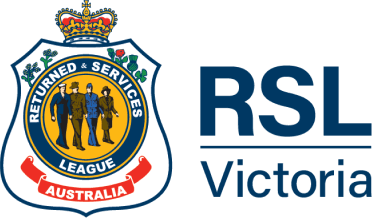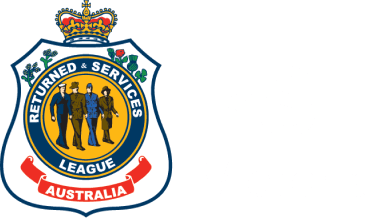As ethnic tensions simmered away in the Solomon Islands, Ash Graham prepared for his first overseas deployment with the Australian Defence Force (ADF).
For many who serve, deploying overseas is often seen as the culmination of years of training, and perhaps the realisation of a dream come true.
"To have had the opportunity to deploy, particularly for the first time in a peacekeeping role to the Solomon Islands, it was almost like, ‘yes, finally the opportunity has presented itself!’ You just never knew if that was going to be your one and only opportunity."
Ash Graham
Ash was a Captain in the Army and deployed in 2009 as part of Operation Anode – the codename of the ADF contribution to the Regional Assistance Mission to Solomon Islands (RAMSI).
But just as he was about to embark on six-weeks pre-deployment training devastating bushfires raged across Victoria, in what became known as the Black Saturday Bushfires.
“We were redirected for just under two weeks to respond to those bushfires as part of the ADF response. Because of the magnitude of those fires, we had to compress our pre-deployment training to prepare for our deployment [to the Solomons].”
A short turn-around time later and Ash focused on his Solomons deployment, where he was responsible for the logistics support to the RAMSI military component.
A reconnaissance mission earlier in the year in preparation of a possible deployment gave Ash an understanding of the geography, infrastructure and feeling on the ground.
But despite that, Ash said it was still a surreal moment.
“You’ve got a line of soldiers making their way out to a Hercules aircraft at Melbourne Airport and then landing in Honiara. Immediately, the humidity hit you. Then, it’s the short trip between Henderson Airport and the accommodation and the base that we occupied and it was a quick insight into how basic and rudimentary the way of life was over there.”
The very apparent levels of exhaustion after completing the handover from the previous rotation Ash relieved was perhaps an indication of what was to come.
While times were relatively stable during Ash’s deployment, he said he maintained a heightened sense of awareness.
"You don’t know what is going to happen and the purpose of being over there is to be ready to react to difficult situations."
Ash Graham
He elaborated with a degree of humour.
“They can often be unusual, and it can be anything from some localised unrest through to, in some cases, tragic situations. That place has a prolific crocodile population and that sometimes does cause issues in the community, too!”
The dynamic environment required personnel to be able to draw on every skill, ranging from medical to diplomatic.
“It doesn’t matter what rank you are; you need to be able to jump into that ‘grab bag’ and be able to respond to situations.”
Much of Ash’s work in the Solomons was centered around their base location to ensure those on active patrols were well prepared.
“We were planning those patrols, making sure that if they’re out for a few days they’re in contact with us through communications, doing resupplies of their essentials like water and food.”
But as Ash said, “you can’t do that effectively by sitting in the command post all day, every day.”
That meant Ash met with locals and political leaders to help maintain good relations throughout the country.
As with most deployments, developing a rapport with the locals is critical. Often, as was the case during this deployment, sport and community outreach programs were commonly used to break down barriers and establish trust.
However, Ash highlighted other well-used but perhaps lesser-known techniques that helped achieve similar outcomes.
“Simple things like the way in which you carry your weapon. So, instead of having it in front of you, you’d have it slung behind you so it’s less confrontational. When you’re engaging with locals, you take your sunglasses off so you can make eye contact.”
The end of Ash’s almost five-month deployment was bittersweet. He looked forward to his return home and could see the good that came from their time there.
It became clear the security situation improved, which Ash said was attributable to the work of the Combined Task Force and RAMSI.
“In some ways it was hard to leave because you do build up very good relationships with other people that you’re working with, in our case particularly the RAMSI staff, the High Commission staff, those of the Participating Police Force, the other Defence Force personnel that you worked alongside. But in some respects, they are relationships that endure far beyond that deployment.”
After serving full-time for 21 years with multiple deployments including to Afghanistan, Ash will transition to the Reserves.
He now works for a consulting firm that specializes in strategic communication, policy development and advice to Government, Defence and Defence Industry, drawing on his lived experience and military skill-set.
Ash has also been an active member of the Montmorency Eltham RSL Sub-Branch and is now its Senior Vice President.
“It’s important to be part of an ex-service organisation and to have an ex-service organisation that is focused on the welfare of its community. As I transitioned to the next phase of my working life, being able to volunteer a small part of my time and experience to help at my local RSL in an executive position is very much a way that I can help continue the important work that the RSL is doing in their local community.”

